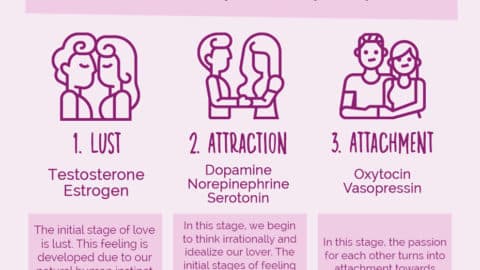Punjab Health and Family Welfare Minister, Balbir Singh announced the launch of a groundbreaking mental health program aimed at supporting inmates’ mental well-being in the state’s prisons.
During a state-level function held in Punjab, Minister Singh revealed that this initiative would deliver vital services such as screening, counseling, and referrals to prisoners housed in four key jails across the state: Ludhiana, Gurdaspur, Patiala, and Amritsar.
Importantly, the minister emphasized that the mental health program would soon expand to encompass all jails within Punjab.
The mental health program marks a significant step toward addressing the mental health challenges faced by incarcerated individuals, a matter that has garnered growing concern in recent years.
Counsellors, recruited with the assistance of World Health Partners, will play a pivotal role in this initiative, offering counseling services designed to improve the mental well-being of detainees and prisoners.
The launch of this mental health program underscores the commitment of Punjab’s government to enhancing the overall health and welfare of its incarcerated population.
Minister Singh, speaking about the mental health issues encountered by prisoners, highlighted the alarming occurrence of suicide among inmates as a major consequence of untreated mental illness.
Citing a recent report by a Supreme Court-appointed committee, he underscored the gravity of the situation, stating that suicide has emerged as a leading cause of unnatural deaths among prisoners in India.
According to the committee’s findings, out of a total of 817 unnatural deaths in prisons, a staggering 660 were attributed to suicides.
The minister also shed light on the specific context of Punjab’s prison system, revealing that out of approximately 25,000 inmates currently incarcerated in the state’s jails, a substantial portion—14,000 individuals—have been detained under the Narcotic Drugs and Psychotropic Substances Act.
Importantly, Minister Singh noted that not all of these prisoners are drug smugglers; many are grappling with drug addiction issues.
He proposed a forward-thinking solution to alleviate the burden on the prison system, suggesting that individuals struggling with addiction could be better served by sending them to de-addiction centers that focus on improving their mental health.
Such a move, he argued, could significantly reduce the overcrowding in prisons and offer a more humane approach to addressing addiction-related issues.
The mental health intervention program, launched with the aim of improving the well-being of prisoners, holds the promise of positively impacting the lives of countless individuals who often find themselves marginalized within the justice system.
By providing access to screening, counseling, and referrals, it seeks to address the root causes of mental health issues and reduce the incidence of suicide among inmates.
Furthermore, it underscores the importance of recognizing and addressing the unique challenges faced by incarcerated individuals, particularly those struggling with addiction.
The move to expand the program to all jails across Punjab reflects a commitment to comprehensive mental health support within the state’s prison system.
By implementing these services uniformly, the government aims to ensure that all inmates, regardless of their location, have access to the support they need to address their mental health challenges.
The partnership with World Health Partners to recruit trained counselors is a significant step toward ensuring the program’s success.
These counselors will play a crucial role in assessing the mental health needs of prisoners and providing appropriate counseling and guidance.
The involvement of an international organization like World Health Partners underscores the global importance of addressing mental health issues within the prison population.
Minister Singh’s recognition of the substantial number of prisoners detained under drug-related charges and his proposal to redirect them toward de-addiction centers signifies a forward-thinking approach to criminal justice.
By treating drug addiction as a public health issue rather than solely a criminal one, the government can address the root causes of drug-related offenses and provide individuals with the help they need to recover and reintegrate into society.
In conclusion, the launch of the mental health program in Punjab’s state jails represents a significant milestone in the efforts to improve the well-being of incarcerated individuals.
With a focus on screening, counseling, and referrals, this initiative holds the potential to reduce the prevalence of mental health issues and suicide among prisoners.
As it expands to include all jails in Punjab and benefits from the expertise of World Health Partners, it underscores the government’s commitment to addressing the unique challenges faced by the prison population and provides a more compassionate and effective approach to rehabilitation and reintegration.
Minister Balbir Singh’s proposal to redirect drug-addicted inmates toward de-addiction centers further highlights the government’s dedication to holistic and humane criminal justice reform.





